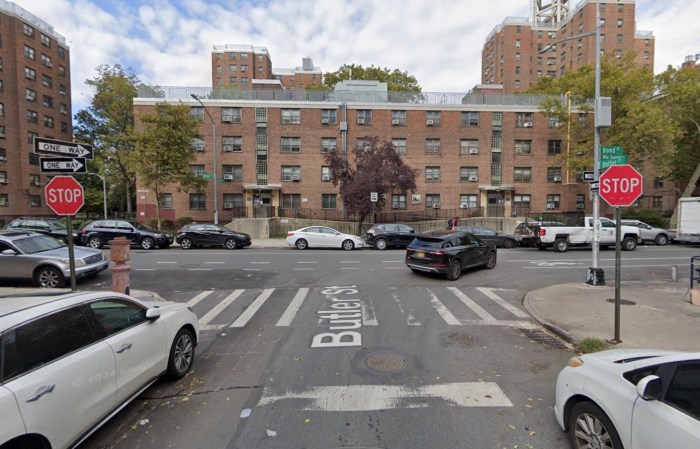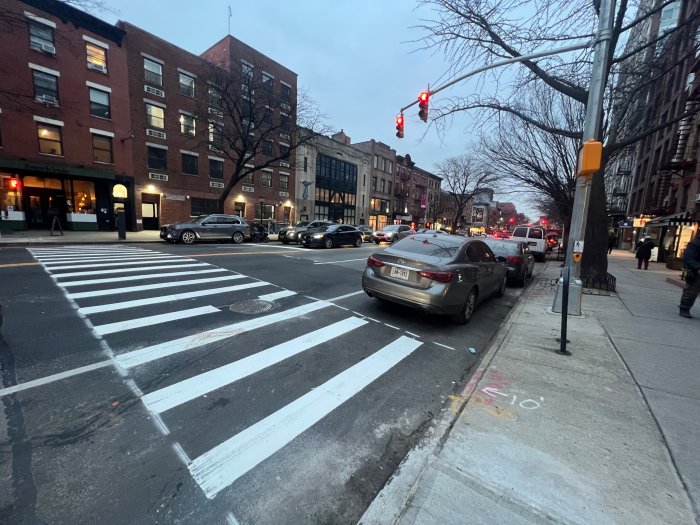In today’s economic environment, I’m frequently asked to explain why business improvement districts make sense, since BIDs charge commercial property owners an annual assessment in addition to their property taxes. The fact is, BIDs are an extremely effective way to aggregate funds to buy supplemental services for a given commercial district. The four most common categories of supplemental services are: marketing and promotion, beautification, security, and sanitation — and there is good reason most of New York City’s 66 BIDs provide supplemental sanitation. Our taxes pay for the Sanitation Department to pick-up residential trash and street cleaning.
Our taxes do NOT cover sidewalk sweeping. It is incumbent upon property owners to sweep their own sidewalks and, in the case of commercial properties, the business owners/merchants/property owners are, in theory, required to sweep their sidewalk at least once a day. But we have all experienced what I call the “tumbleweed effect” of sidewalk litter. All it takes is one trash bag explosion in front of a vacant storefront to litter a given avenue with garbage, even if you diligently sweep your own sidewalk.
But sidewalk sweeping/litter removal can be time consuming and ineffective, especially if your neighbors can’t be bothered to sweep their sidewalks. This scenario is more common than you might imagine, making a dependable, district-wide service needed. Instead of multiple businesses each negotiating, managing and paying for supplemental sanitation, a BID can negotiate and manage a single contract. This aggregate model provides an effective, cost-competitive solution for merchants. Plus, it’s a time saver for us.
A clean commercial strip is more than just aesthetically pleasing. Cleaner streets are safer, and lead to more frequent use and ultimately, more consumers for the businesses. BIDs, then, are a very good investment indeed.
Elizabeth Crowell is the co-chair of the Atlantic Avenue BID Steering Committee, and owner of Sterling Place in Boerum Hill and Park Slope.























